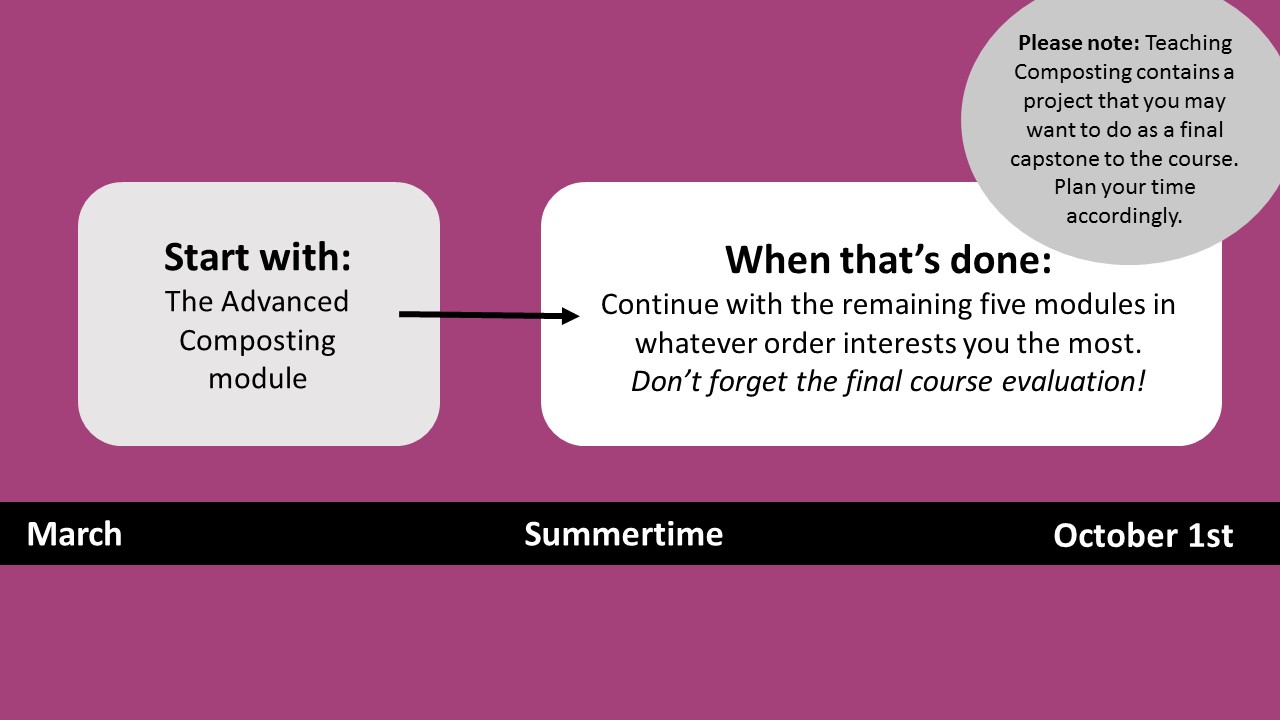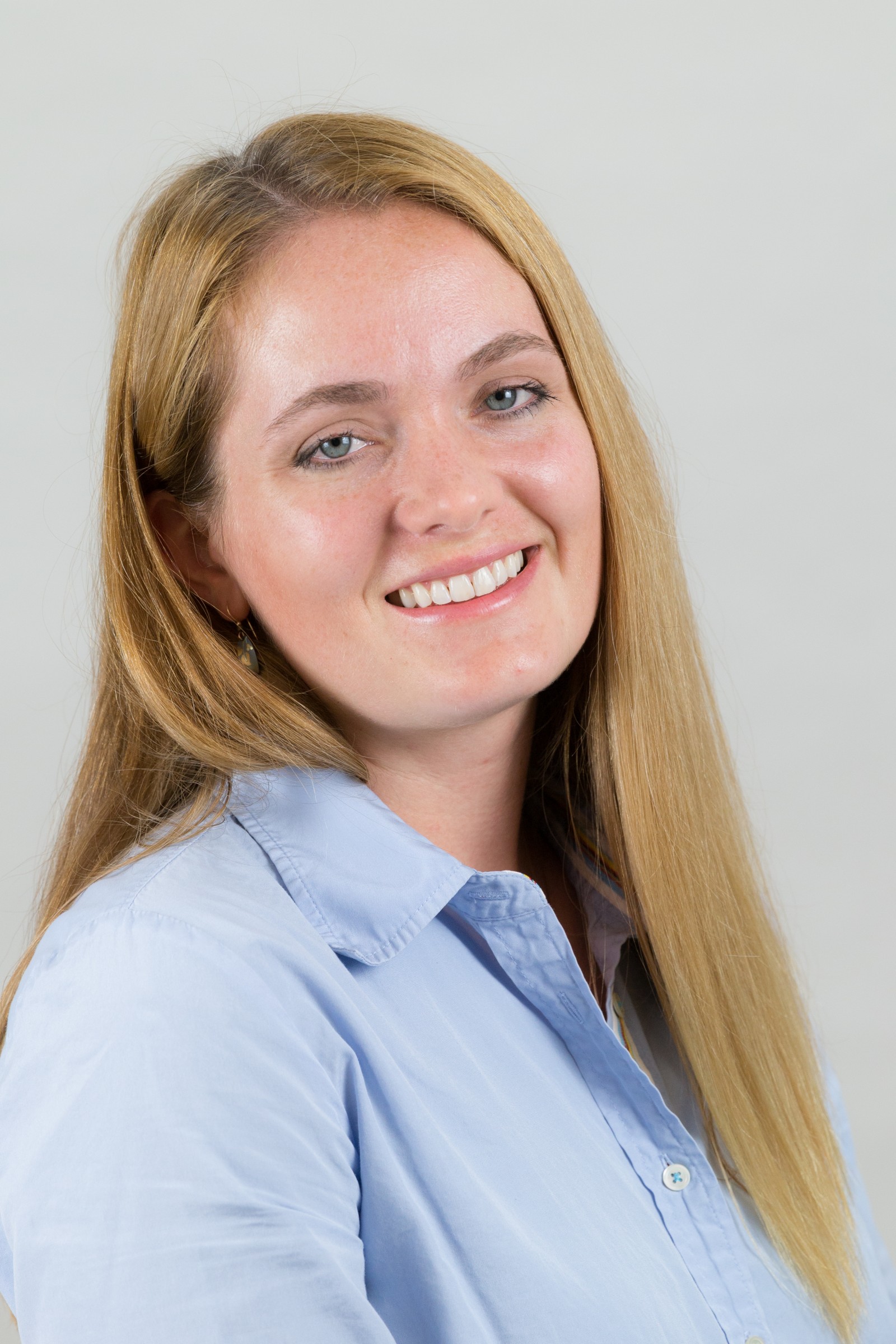Welcome to Level 2 Training: Compost and Soils for Master Gardener Volunteers! Please make sure to familiarize yourself with everything in this introduction. It is full of important information about how this course will work. If you have questions during the course, first refer back to this page.
Director’s Welcome
- Mike Maddox, Master Gardener Program Director
- Director’s Welcome
- Note: Video is ~3 minutes long.
Get Inspired
Below is a short video and the first chapter of a fiction novel you can take a look at to get you in the spirit to learn more about the world of composting and soils. While these won’t count for continuing education hours, they may be just the thing you need to get excited to care about this topic. In the spirit of fun and exploration, enjoy!
- Compost Matters
- Note: Video is ~4 minutes long

Read the first small chunk of “The Martian” by Andy Weir. Reading this is for fun only (not continuing education hours) and is meant to highlight the vital importance of soil to life. (Soils and plants are not discussed until ~12 pages in but the first part gives context.) Please note that this chapter contains language that some people may find offensive. Reading this is not required.
À la carte Continuing Ed Hours:
Last year we trialed hands-on activities that you could opt in to completing. We received a very positive response to this, so we’re continuing to offer a variety of activities that you can choose to participate in. Participating in these activities will help you have a deeper, more meaningful learning experience. Each thing you participate in (including watching the lectures) will count for a certain number of continuing education hours. You can do any combination of things- or, hopefully, all of the activities- and report the number of hours. It’s like an à la carte educational experience. To earn the course certificate, you must complete all the offered activities as well as the final course evaluation. You can keep track of what activities and videos you have completed with the Lecture and Activity Checklist. Even if you don’t complete all the activities, please complete the course evaluation- your feedback is valuable to us.
We also want to bring to your attention that there is a project in the “Teaching Composting” module. While you can complete it at any point during the course, it is highly recommended that you do it after completing the “Advanced Composting” module and possibly after completing all the other modules. Doing this project later on will allow you to draw from all the other information you’ve learned and help you wrap up the course by demonstrating your understanding.
Suggested Time Frame to Complete Level 2 Training

Technology We’re Using for L2 2016
Level 2 Training will happen in two spaces online: the course website (which you’re in now) and Google+ Communities.
The Google+ Community is going to be our virtual classroom where you can post and share with other MGVs around the state. Only MGVs enrolled in Level 2 Training 2017 will have access to this community and be able to see what you share- this is not a public space. You will need a Google+ account in order to access it. We trialed the Community last year and were very impressed with the level of engagement and sharing by MGVs statewide.
In order to join the Community, please follow the instructions found in Technology Resources. If you participated in the Google Community last year, you will need to join again this year. They are separate Communities created specifically for each training.
Hey, Is Anybody Out There?
Program office staff will be monitoring our course Community three times during the work week. We will likely not check over the weekend. Keep this in mind when you anticipate responses from us.
What you can expect from us:
- Reading all initial posts
- Answering questions you post
- Providing encouragement on a job well done
- Offering a suggestion or redirecting a conversation
- Providing additional resources when appropriate
What we won’t be doing:
- Responding to every post individually
- Responding immediately
General Questions or Concerns:
 Please email program assistant Amy Freidig (akfreidig@wisc.edu)
Please email program assistant Amy Freidig (akfreidig@wisc.edu)
with any problems, questions or concerns. She’ll either respond to you or find someone who can help.



